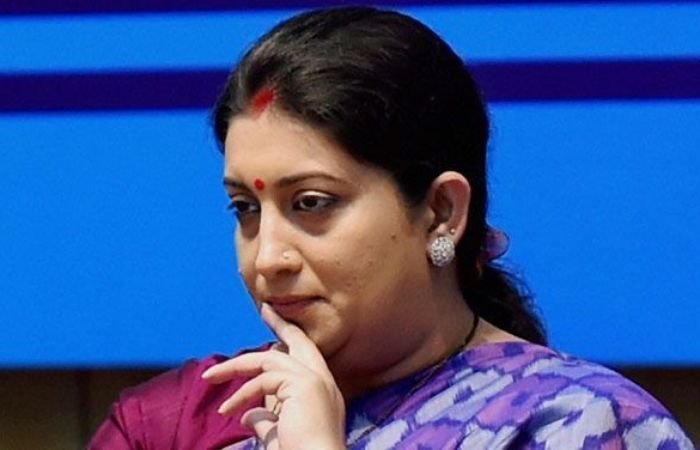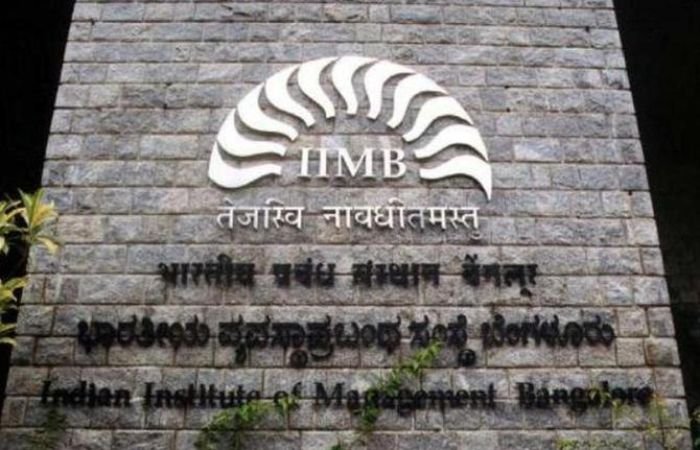There is revolt brewing in the halls of the prestigious Indian Institutes of Management (IIM), the country’s top university for post-graduate business education. Many of the institutes have come together to fight a draft bill proposed by the government to regulate their functioning. The colleges fear their autonomy is under threat and thus believe they must oppose the bill. The dissent is being led by the most reputed college of the lot — IIM Ahmedabad.
IIM Bangalore, IIM Calcutta and IIM Lucknow, too, have expressed their worries over the draft bill.
A number of institute leaders including chairman of IIM A, AM Naik, and chairman of the board of governors of IIM Lucknow, JJ Irani, spoke to the ministry of human resource development (MHRD) and conveyed their dismay over the bill.
Irani even stated that IIM system would revolt if the bill is passed. Naik along with IIM A director Ashish Nanda also pointed out that he draft bill which has the approval of all IIMs is very different to the bill being discussed.

The new bill proposes that the government will have control over almost all decisions made within the institutes. From appointing a chairman, to drafting the constitution for the board, from deciding the fee structure to formation of a department, the government will call the shots.
IIMs have fiercely guarded their autonomy in the past. They have successfully avoided the creation of a council of the kind that oversees the Indian Institutes of Technology (IITs) headed by the MHRD. This provision was replaced in the current bill with a proposal for a coordination forum to be headed by the minister.
“To us, it seems the impact of the bill may be in a direction opposite to what the government intends to achieve. The government’s vision is to encourage efficiency, innovation and quality. The centralisation effected by the bill would be deleterious to all those goals. The preamble of the bill outlines the government’s vision to empower institutions to attain standards of global excellence. But we worry the bill does not achieve that vision; in fact, it goes in the other direction,” The Wire quoted Nanda.
Points of concern
Section 35 and 36 are the main causes of concern in the IIM bill. Section 35 gives the government wide-ranging powers to make rules about appointments to the institutes. It establishes the government’s power over the board of institution. The board itself will be constituted largely of members appointed by the government.

Section 36 describes how regulations regarding the institutions are to be made. It entrusts the power to regulate the functioning of the institute to the government appointed board — subject also to the Central government’s approval.
The preamble to the bill states that the bill aims to empower these institutions to attain standards of global excellence. Naik claims, that while this is a commendable ambition, the proposed bill will have the opposite effect.
Kiran Mazumdar Shaw, chairperson of IIM Bangalore, argued that the bill compromises authority and is completely against the government’s own maxim of ‘minimum government, maximum governance’.
The MHRD has stated that it is considering revising the bill and removing the clauses that challenge the IIMs’ autonomy. However, this has not been finalised, hence it is highly likely that if the current bill passes, IIMs around the country will work directly under government purview. They will cease to function as institutes of innovation and will simply become government departments.

















